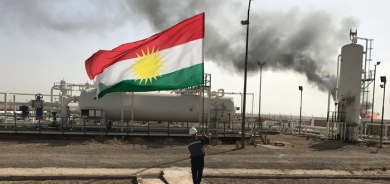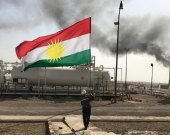44 Kolbars Killed or Severely Injured in Iranian Kurdistan Border Incidents, Human Rights Organization Reports

A recently published report by the Human Rights Organization of Hengaw has revealed that during the initial three months of the Iranian fiscal calendar 1402 (March 21 to June 21, 2023), at least 44 Kolbars (cross-border porters) were killed or suffered fatal injuries along the Kurdistan borders. The statistics indicate that approximately 77% of these incidents were the result of direct gunfire by Iranian armed forces.
According to the report, eight Kolbars lost their lives during this period, while 36 others sustained severe injuries, including two teenagers below the age of 18. Among the provinces, Kermanshah recorded the highest number of casualties, accounting for 28 cases. Notably, six fatalities among Kolbars occurred in the border regions of Baneh city, while the borders of the Nowsud district in Pawe city witnessed the highest number of injured Kolbars, totaling 26 cases.
The causes of death or injury were classified as follows: direct gunfire accounted for 34 cases (four fatalities and 30 injuries), natural causes accounted for six cases (three fatalities and three injuries), assault and "vehicle strikes" accounted for three cases (one fatality and two injuries), and one incident involved a landmine explosion.
Further breakdown of the casualties by province is as follows: Urmia province witnessed two cases (one fatality and one injury), Kurdistan province (Sanandaj) reported 14 cases (six fatalities and eight injuries), and Kermanshah province documented 28 cases (one fatality and 27 injuries).
The report also specifies the armed forces responsible for the shootings: border guards accounted for 27 cases (two fatalities and 25 injuries), the Islamic Revolutionary Guard Corps (IRGC) was involved in six cases (one fatality and five injuries), and one fatality occurred due to the actions of police forces.
These alarming incidents shed light on the dangers faced by Kolbars operating along the Kurdistan borders. Kolbars, who transport goods across the border on foot, often face perilous conditions and risk their lives for a livelihood. The Human Rights Organization of Hengaw's report underscores the need for increased attention to the safety and well-being of Kolbars, as well as efforts to address the underlying causes of these tragic incidents.













